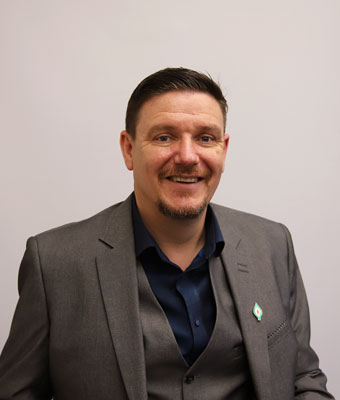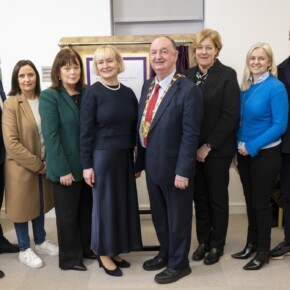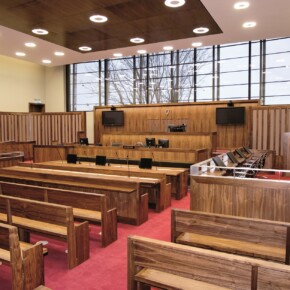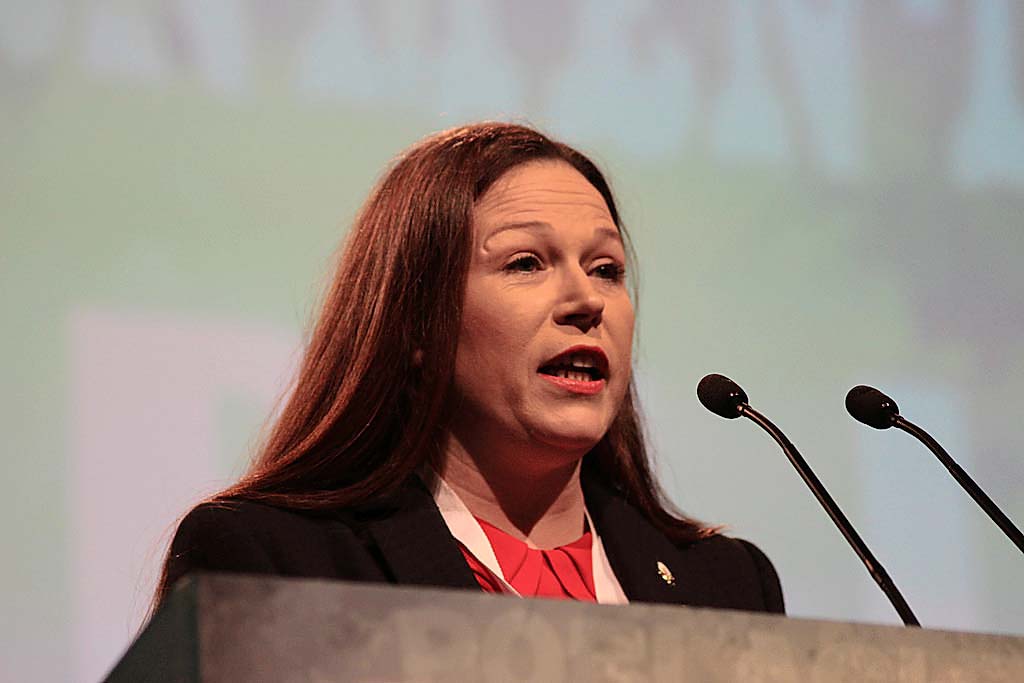‘Communities must benefit from proceeds of crime sized by CAB’ says local TD
Padraig Conlon 09 Jul 2021
A Sinn Féin bill that will see the assets seized by CAB returned to disadvantaged communities passed second stage last night.
The Proceeds of Crime (Investment in Disadvantaged Communities) (Amendment) Bill 2021 is co-sponsored by Deputies Mark Ward and Ruari O Murchu and will now go through pre-legislative scrutiny.
Speaking after last nights debate Teachta Ward said :
“CAB seized almost €65 million in cash and assets 2019. This was a huge increase on previous years and is very welcome news.
“What this bill means is that those ill-gotten gains will have to returned to the communities that it was taking from.
“The Government supported this bill last night but indicated that the funds would be used to restructure and enhance existing community safety forums.
“While this is welcome it must be balanced in a way that community groups can avail of this funding to meet the needs of our community.
“I represent Dublin Mid West and grew up in North Clondalkin. Parts of my constituency have been torn apart from drug use and criminality over the years.
“Years of cuts and stagnation in funding for community-based services by successive governments have eroded community resilience
“We have all seen the documentaries about the glamorous lifestyles of criminal gangs. The fast cars , the big houses, the flash lifestyles.
“There are young people in my area who are attracted by this lifestyle. They want the status, the money in their pocket, the new jackets and brand new runners.
“If the money seized by cab was reinvested into community groups that could provide early intervention to these young people this could have a positive impact on our communities.
“It would literally save these young people of a life of crime, addiction and early deaths.
“Family resource centres, youth organisations, unemployment services, sports clubs, drug task forces and others who work in disadvantaged areas should benefit from this fund.
“It is vitally important that additional money invested in our communities needs to be on top of allocated resources, and not seen as a replacement to normal funding channels.”











